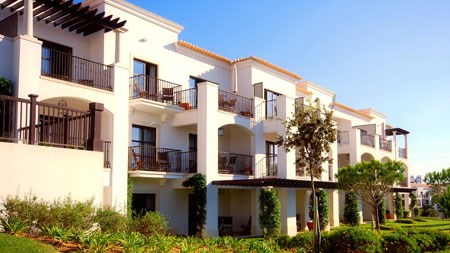The Western Cape continues to reflect pockets of strength in the national housing market, achieving constant high levels of house price growth. But what is the reason behind the city’s exceptional performance?
The Western Cape’s housing market continues to outperform other provinces, boosting the national average with its exceptional resilience.
The dynamic market has continued to maintain solid double-digit price growth while most remaining metros have stayed in the low single digits.
According to the latest statistics provided by Lightstone Property, the majority of metros in South Africa has continued treading on an annual house price inflation growth path of between 4% and 6%, which is fairly low in comparison to Cape Town’s current record of 12%.
The demand for property is what fuels the growth of any market, which makes it easy to understand why Cape Town typically outperforms the overall residential sector.
The Mother City has always enjoyed high levels of demand with a reputation for being a top performer in the national housing market - even amidst a troubled and unstable economy.
But what is the driving force behind the Western Cape’s market resilience and high levels of investor confidence?
Migration trends and repeat buying for the Western Cape:
Although there are several indicators that contribute towards Western Cape’s phenomenal growth rate, there is one particular trend that seems to stand out.
According to Lightstone Property, the most reasonable explanation that seems to correlate with annual house price inflation, is the growing influx of repeat homebuyers, who are choosing to migrate from other parts of South Africa, to the Western Cape.
A deeper look into the migration trends of repeat homeowners revealed that the province of choice for current homeowners wanting to migrate to a different province, was either Gauteng or the Western Cape.
It was revealed however, that although many of those migrating from Limpopo, North West and Mpumalanga chose to settle in Gauteng, most repeat owners who moved from a metro preferred settling in the Western Cape.
Since the largest proportion of repeat owners live in metros, it is not surprising that the largest increase in repeat owners is found in the Western Cape.
The Western Cape continues to outperform the other provinces in terms of its ability to attract repeat home buyers from other provinces and retain its existing homeowners.
Recent findings indicate that the yearly percentage growth for repeat homeowners living in the Western Cape has continued on a consistent upward trend, with a recent increase of 1.1% in 2015.
The growth rate for repeat homeowners in Gauteng and KwaZulu-Natal however, has remained fairly constant between the -0.4% to 0.0% range over the last 6 years, with minor fluctuations.
The net inflow of repeat property buyers to the Western Cape has rapidly accelerated over the years, making Cape Town a popular ‘semigration’ destination amongst many repeat home buyers.
According to market analysts, the desire to live in Cape Town is as a result of the city’s perceived ability to offer an improved lifestyle, a healthy economic growth rate and dependable service delivery from local government.
How does repeat buying and migration correlate with house price growth?
A high level of migration and the demand for property, can ultimately lead to an upsurge in property pricing.
According to Lightstone Property, an increase in homeowners naturally leads to an increase in the demand for property, which in turn results in an increase in house price inflation.
While it cannot be conclusively confirmed that Cape Town’s exponential growth rate is a sole result of the positive net migration experienced by the Western Cape, there is no doubt that it is a significant contributing factor to the strength of the Western Cape housing market and its phenomenal house price growth.
Learn more of the Western Cape neighbourhood here:






